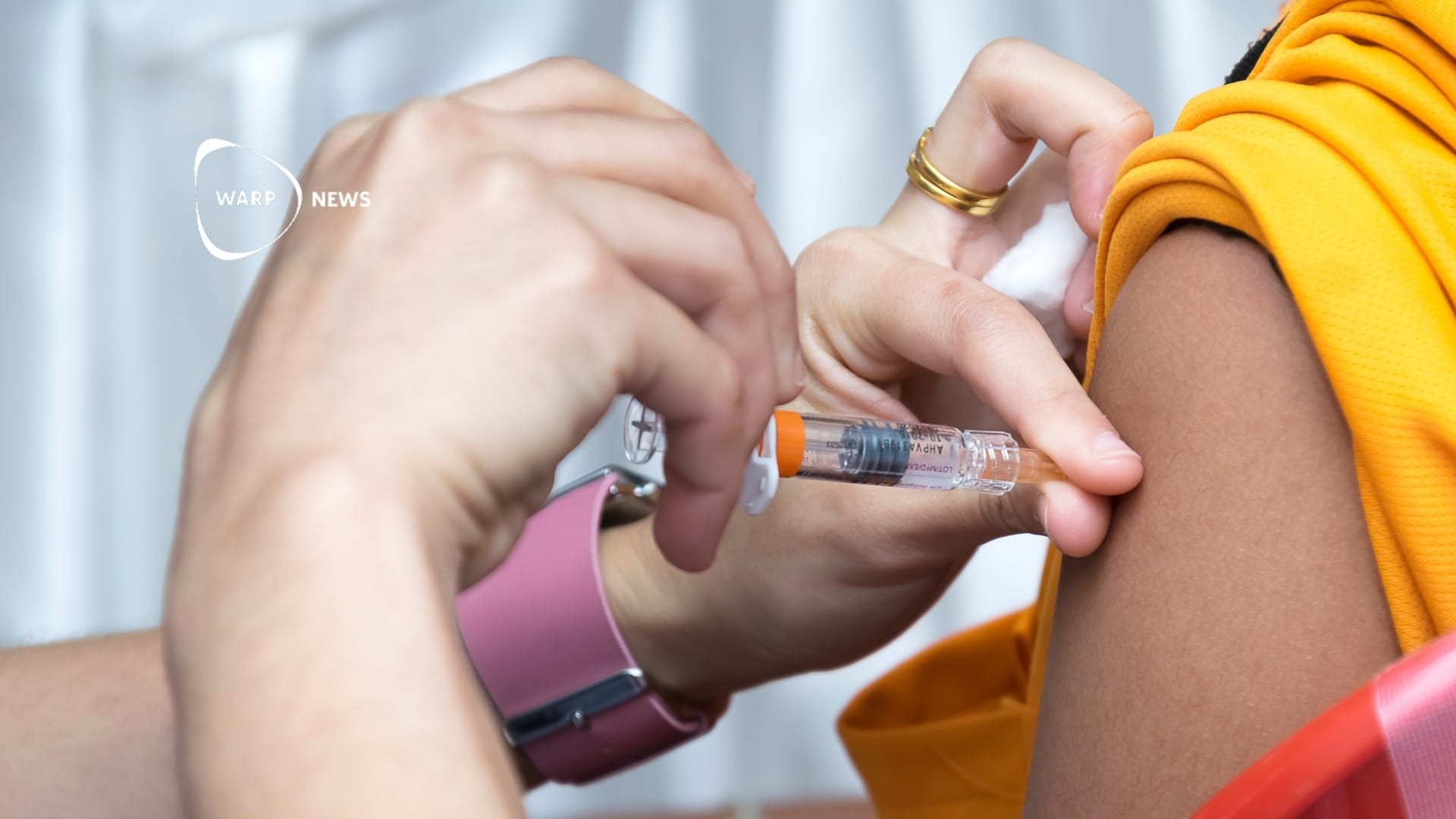
⚡ Electrical stimulation of the tongue relieves tinnitus
A combination of sound and weak electrical pulses means that the brain focuses less on the tinnitus sound.
Share this story!
If you have tinnitus, you have eternal company of a sound in your ears that only you can hear. Around 10-15 percent of the population may have tinnitus . Many of these hardly even think about it in everyday life, but for some it is a severe handicap.
For most people, there is no treatment that works, but a new study gives new hope for a treatment that can at least work for many. It is the Irish company Neruomod Devices that for three years conducted a study in which 326 participants with chronic tinnitus underwent a slightly different treatment .
Neuromod Devices has developed a treatment where the tongue plays an important role. It's all based on a product that the company named Lenire. It consists of a pair of wireless headphones and an electrode that sits on the tongue.
Lenire plays a sequence of tones mixed with noise and at the same time sends electrical pulses to the 32 electrodes that sit on the plate you put on the tongue. The pulses are very weak and it feels about as much as when you drink a carbonated drink.
Makes the brain "think away" the sound
The timing between the sound and the electrical pulses is tailored for each patient so that the connection between sound and tongue stimulation is optimal. The idea is then that this connection will make the brain create new connections when it hears different tones and not focus so much on the tinnitus sound anymore.
We try to present many tones and sounds that we connect to stimulation of the tongue to make the brain more sensitive. Then the brain discovers more meaning in other sounds and no longer pays attention to tinnitus, says Hubert Lim, Chief Scientific Officer at Neuromod in a comment to IEEE Spectrum.
The study also shows that it often works. After doing two half-hour sessions with Lenire every day for twelve weeks, 80 percent reported that they had minor symptoms one year after treatment.
Another gratifying result is that many actually completed the treatment. A treatment is of course useless if the patients find it so complicated or unpleasant that they end it prematurely. However, in the Lenire study, 84% of subjects completed the entire treatment.
Lenire is already approved for use in Europe and has been used for treatments since 2014. With the study, Neuromod hopes to get more people interested in the method and the researchers are also working to improve the method by investigating exactly which combinations give the best effect.
By becoming a premium supporter, you help in the creation and sharing of fact-based optimistic news all over the world.


